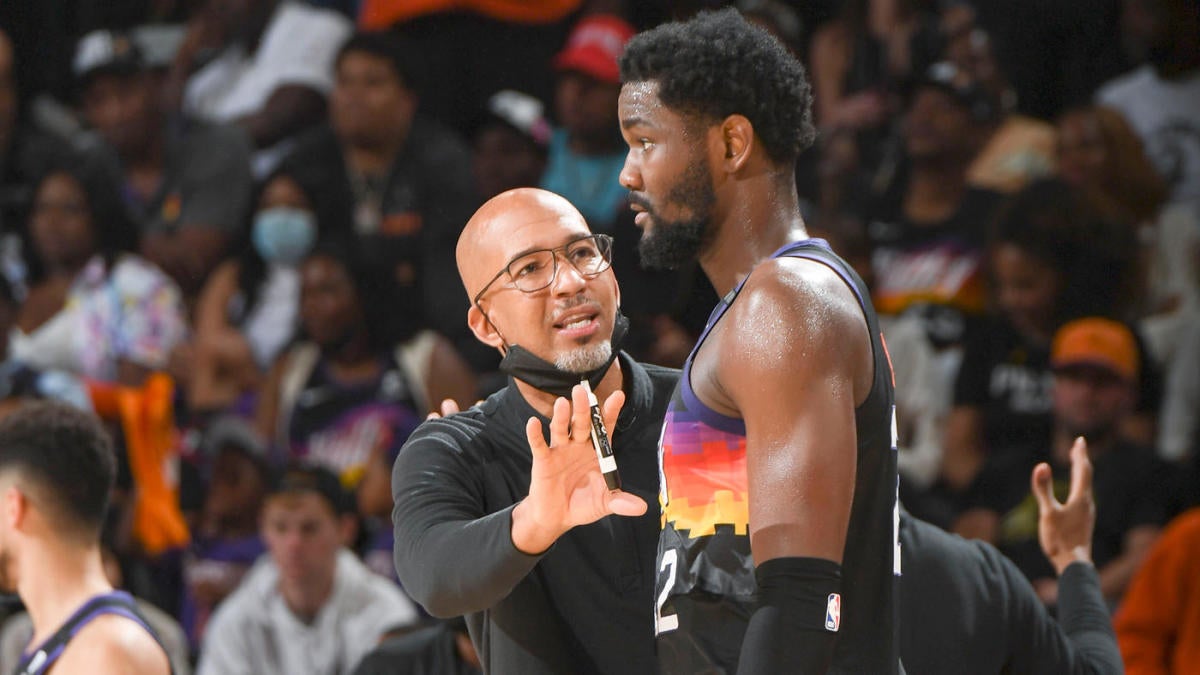Wednesday, December 7, 2022
change is the law of life
Tuesday, August 9, 2022
then by all means paint
I know the soul's struggle of two people: Am I a painter or not? Of Rappard and of myself - a struggle, hard sometimes, a struggle which accurately marks the difference between us and certain other people who take things less seriously; as for us, we feel wretched at times; but each bit of melancholy brings a little light, a little progress; certain other people have less trouble, work more easily perhaps, but then their personal character develops less. You, too, would have that struggle, and I tell you, don't forget that you are in danger of being upset by people who undoubtedly have the very best intentions.
If you hear a voice within you saying, “You are not a painter,” then by all means paint, boy, and that voice will be silenced, but only by working. He who goes to trends and tells his troubles when he feels like that loses part of his manliness, part of the best that's in him; your friends can only be those who themselves struggle against it, who raise your activity by their own example of action. One must undertake it with confidence, with a certain assurance that one is doing a reasonable thing, like the farmer drives his plough, or like our friend in the scratch below, who is harrowing, and even drags the harrow himself. If one hasn't a horse, one is one's own horse - many people do so here.
Letter from Vincent van Gogh to Theo van Gogh. Drenthe, 28 October 1883. Van Gogh's Letters: Unabridged & Annotated. As found in 2022 Great Quotes From Great Leaders Boxed Calendar: 365 Inspirational Quotes From Leaders Who Shaped the World.
Friday, April 29, 2022
time for the right next step
In a hotel room in Denver before the second game of the 2019-20 season, [Deandre] Ayton got a call from the league office. “Bada boom bada bing,” he recounts. “‘At this time, we’re letting the world know you are done.’” Ayton tested positive for a diuretic, a banned substance used to mask PEDs. He was suspended for 25 games.
The first thing Ayton did was walk to [Monty] Williams’s hotel room. “I just knew I had to be honest and make sure I tell my front office and coach what was up before it got to the media, just to show my respect,” Ayton says.
Williams sat Ayton down next to him, hugged him, and told him, “D.A., you did what you did. These are the consequences. Now, it’s just time for the right next step,” Ayton recalls.
"Will Deandre Ayton Get His Moment in the Sun?" by Seerat Sohi. The Ringer. April 28, 2022
Sunday, January 10, 2021
response-ability
If you want to overcome the pull of the past - those powerful restraining forces of habit, custom, and culture - to bring about desired change, count the costs and rally the necessary resources. In the space program, we see that tremendous thrust is needed to clear the powerful pull of the earth's gravity. So it is with breaking old habits.
Breaking deeply embedded habits - such as procrastinating, criticizing, overeating, or oversleeping - involves more than a little wishing and willpower. Often our own resolve is not enough. We need reinforcing relationships - people and programs that hold us accountable and responsible.
Remember: Response-ability is the ability to choose our response to any circumstance or condition. When we are response-able, our commitment becomes more powerful than our moods or circumstances, and we keep the promises and resolutions we make.
Principle-Centered Leadership. 2009/ RosettaBooks.
Friday, January 8, 2021
bring data to the table
1. Initiative progress. Track progress not just in terms of time (milestones) and budget (money spent versus planned), but also against key operational performance indicators (e.g., cycle time, waste, wait times, quality).
2. Health impact. Are management practices and their underlying mindsets and behaviors shifting to support the improvements in performance that you want to see? Targeted analytics, surveys, focus groups, and observation can give you a good read....
3. Performance impact. Measure key business outcomes such as revenue, cost, and risk to confirm that improvements are happening where you expect and not causing unforeseen consequences elsewhere in the organization.
4. Value creation. Keep a constant eye on the ultimate outcome that matters. In large-scale company-wide change programs, this measure is shareholder value creation…. It is vital to have a clear-eyed view of the ultimate outcome that maters most amidst all of the other data.







